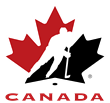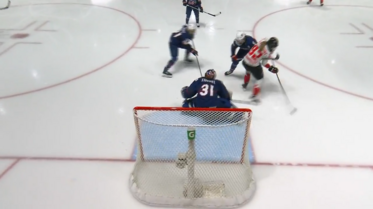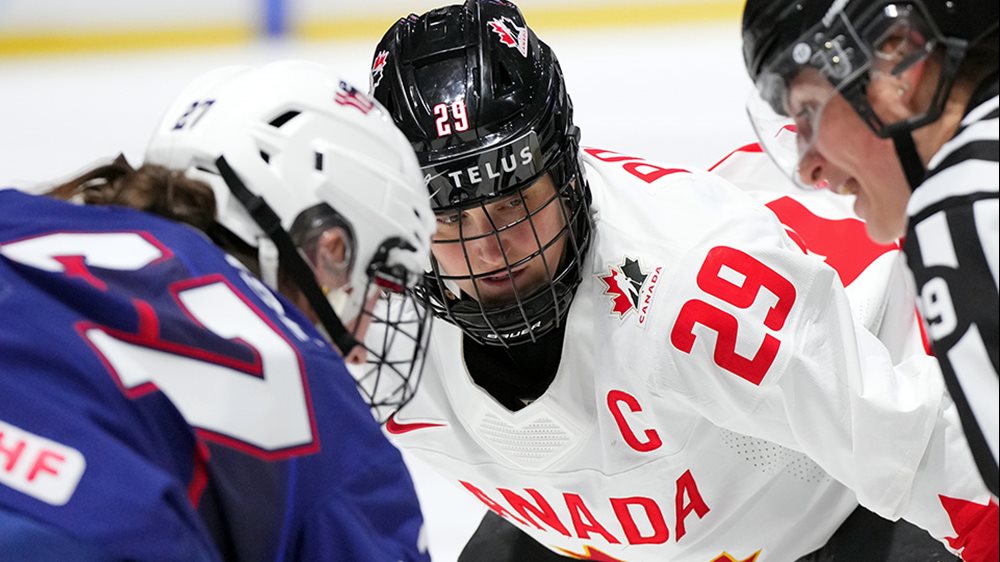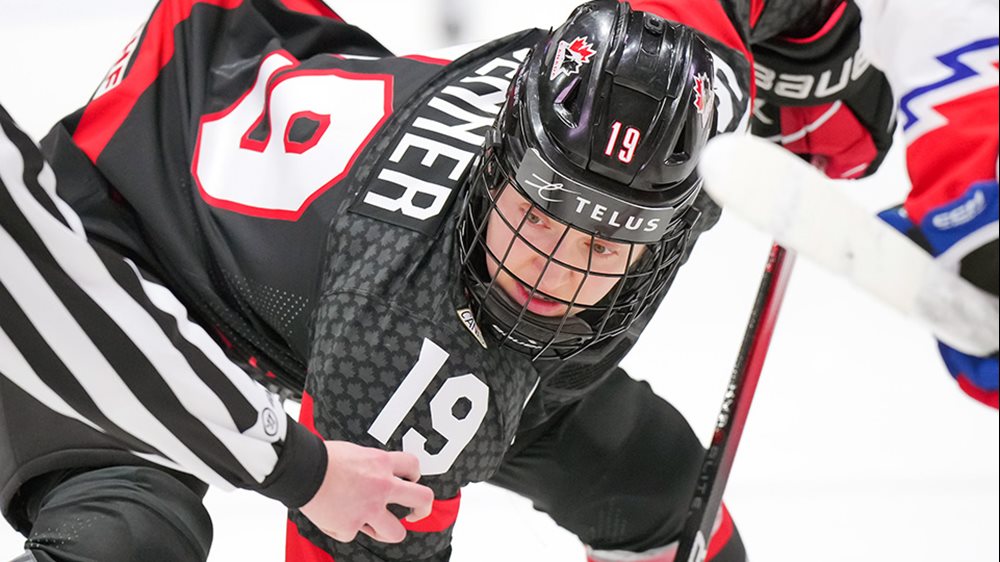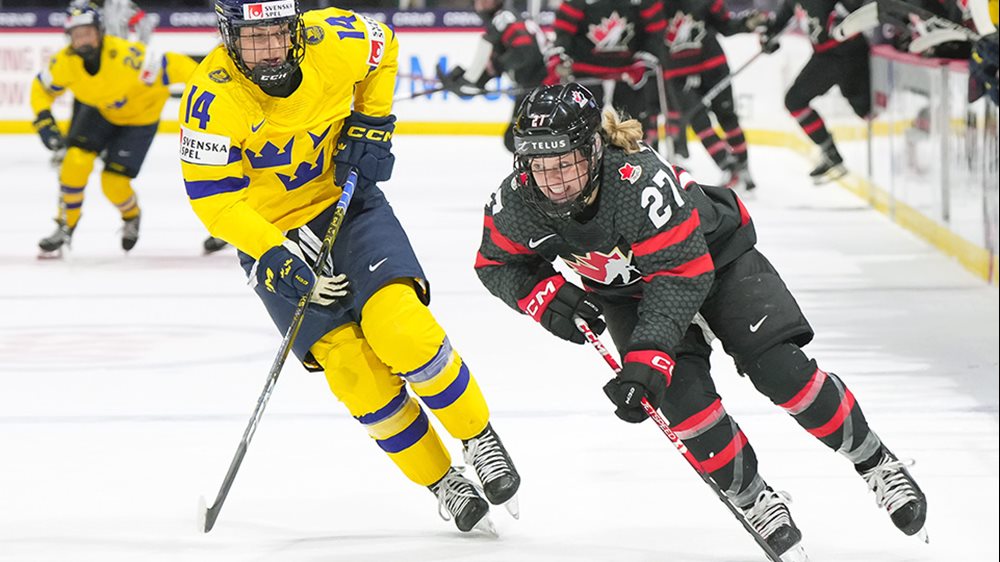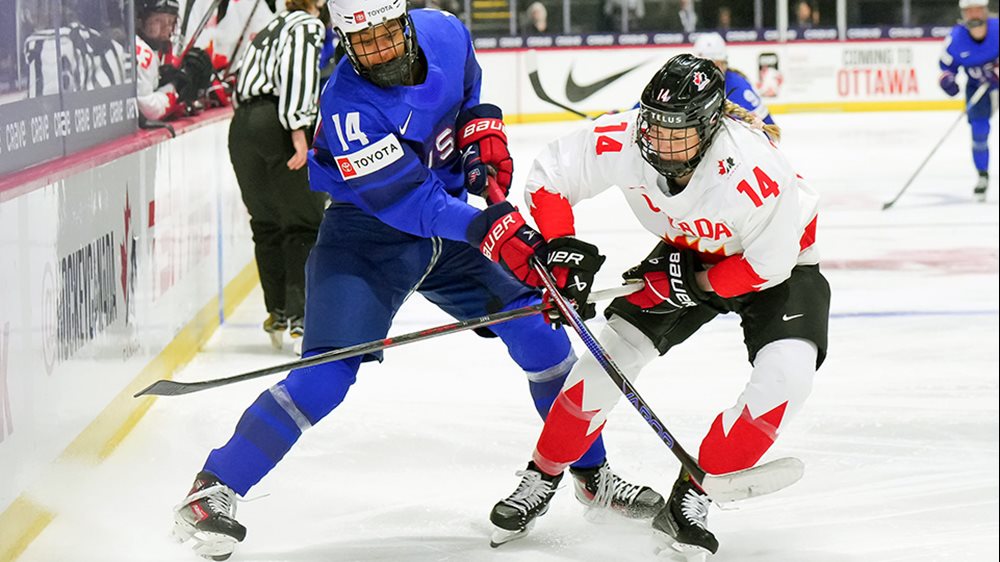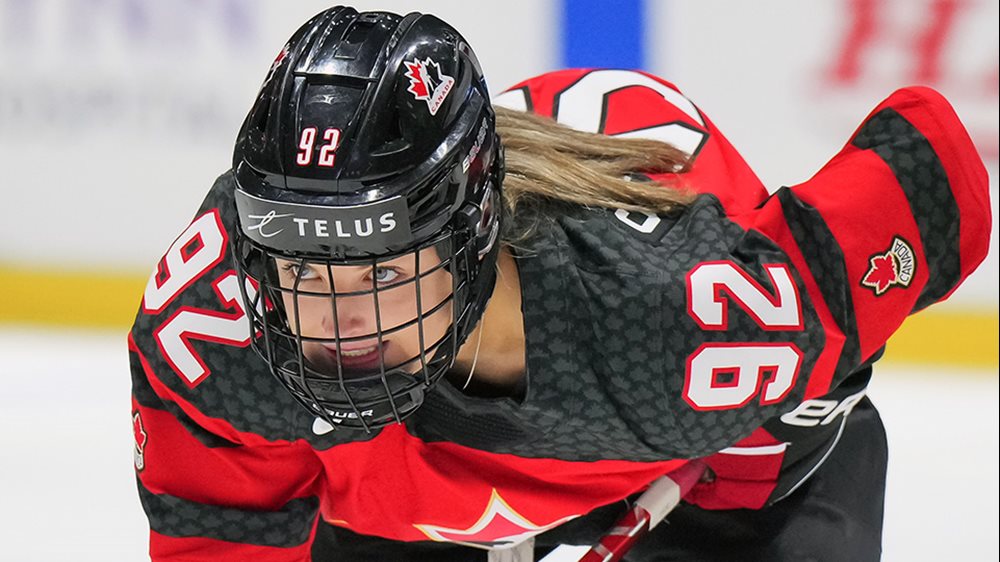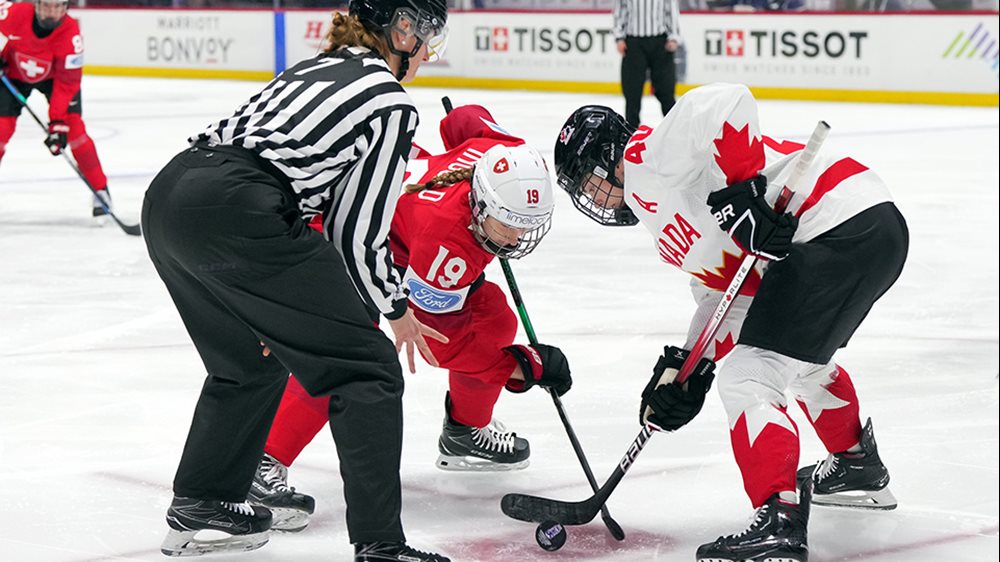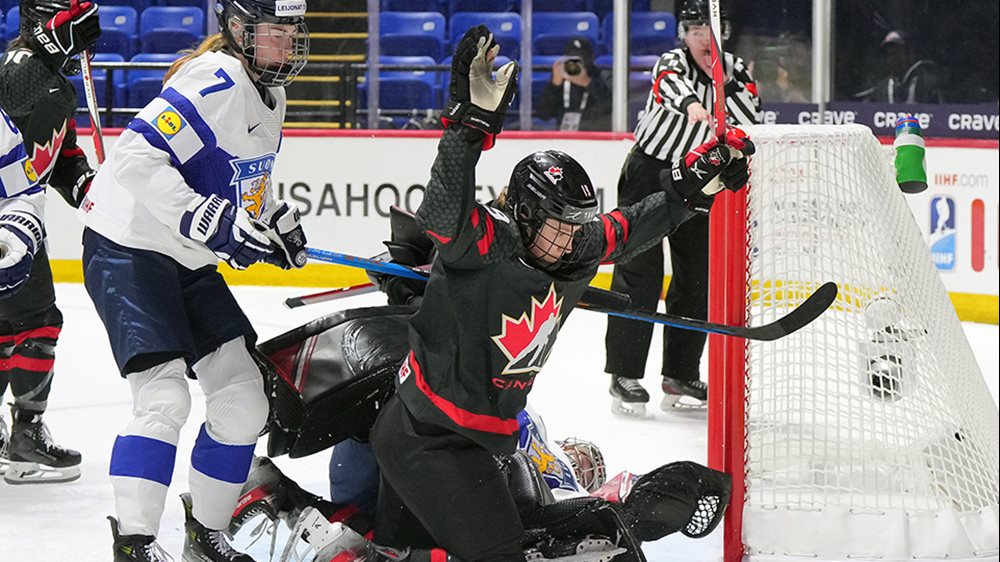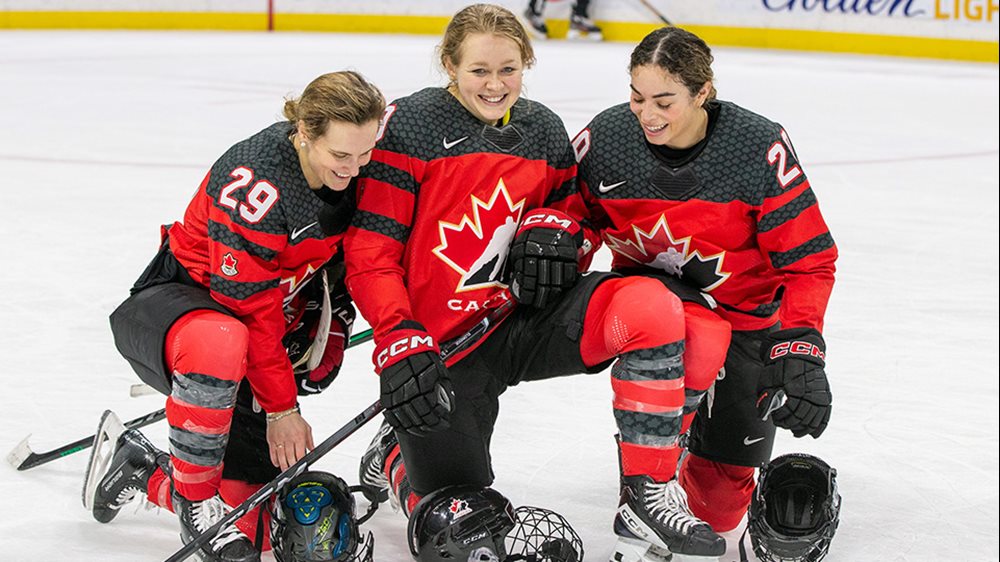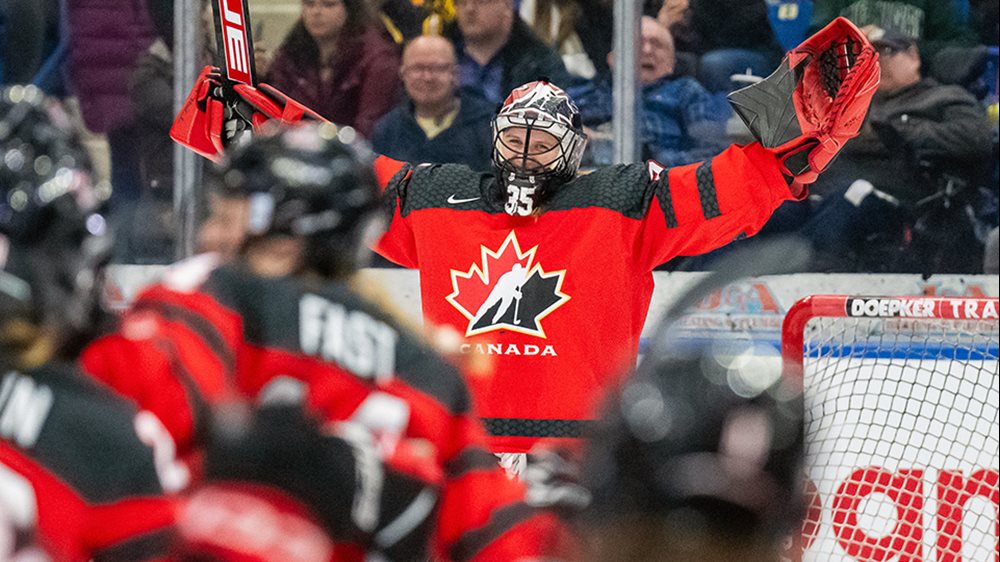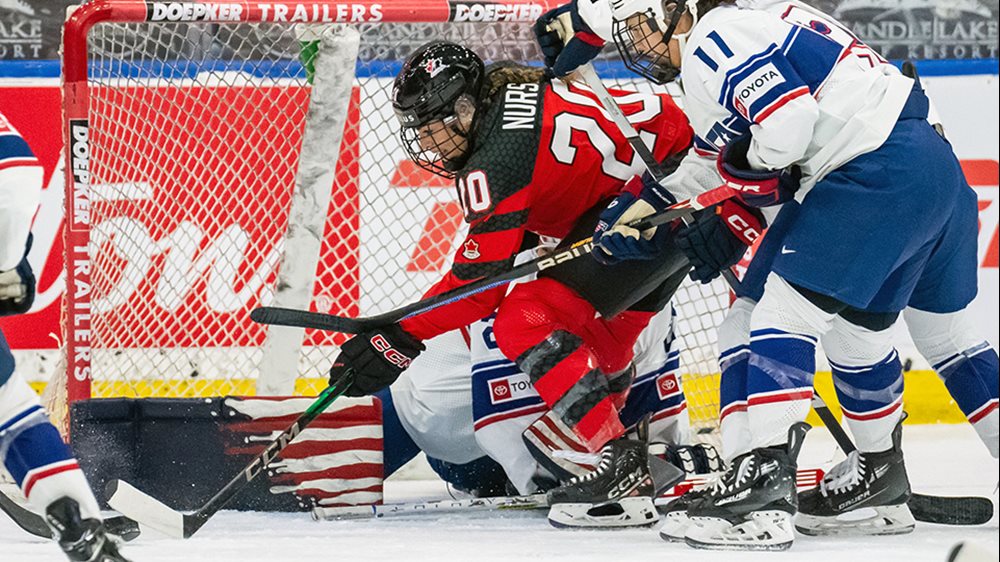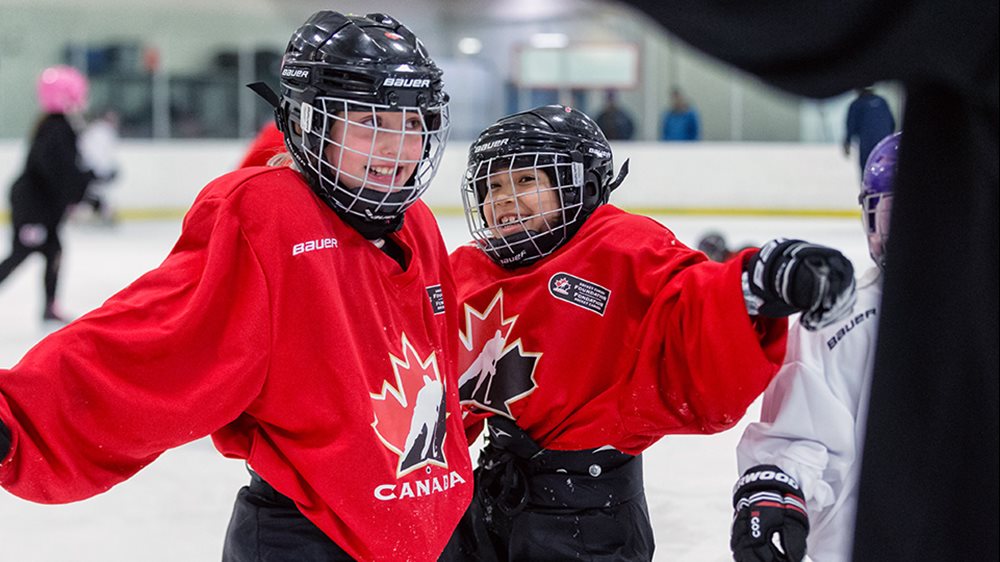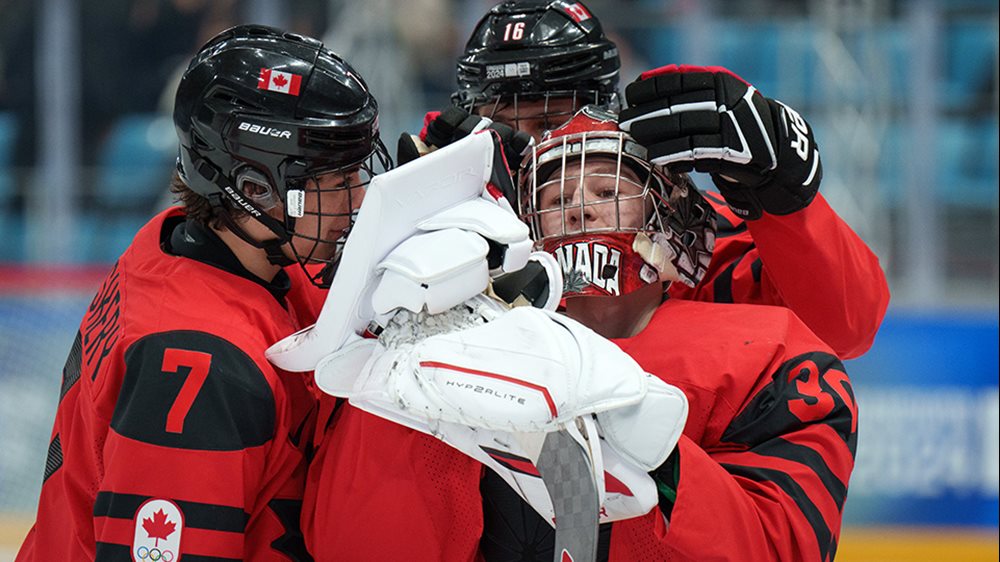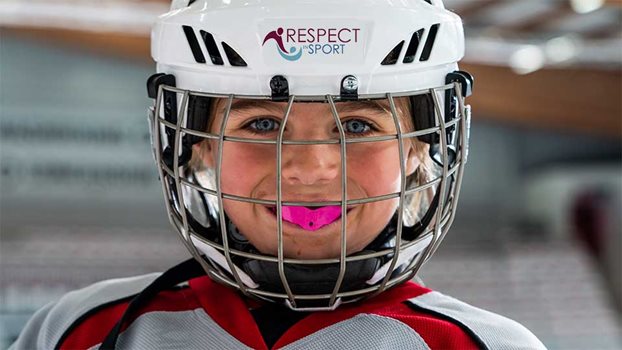
Cultivating safe and respectful sport
Hockey Canada has achieved prolific success with inspiring hockey coaches and parents to complete Respect in Sport online courses
Fifteen years after he co-founded Respect Group Inc. alongside Memorial Cup champion and World Juniors gold medallist Sheldon Kennedy in April 2004, Wayne McNeil’s passion for eliminating bullying, abuse, harassment and discrimination (BAHD) in sport remains fervent.
And why not? After all, statistics, direct feedback and even academic research firmly show the organization’s online training programs have struck an impactful chord with Canadians.
“I hear our program being used in conversation as a catalyst to empower the bystander or just exude confidence for people to talk about the issues,” remarks McNeil. “I have heard from a lot of hockey leaders say things like, ‘That wasn’t very Respect-in-Sport-like’ or ‘Have you taken the Respect in Sport program?’”
Respect in Sport’s entry into the common minor hockey vernacular is a result of 668,123 individuals (coaches, referees, parents, athletes) connected to Hockey Canada being trained through the Respect in Sport Activity Leaders Program (introduced in 2008-09) and/or the Respect in Sport Parent Program (launched in 2010-11) over the past decade.
McNeil says his team is driven to provide the men and women taking Respect in Sport courses a road map to fostering a safe and positive playing environment.
“Our team is trying to make good people better and give them the tools to be better,” says McNeil. “It is not about compliance. It is about culture change.”
Before launching with Respect in Sport, Hockey Canada had educated its members about bullying, harassment and abuse through in-person Speak Out workshops for 12 seasons dating back to 1997. This face-to-face approach proved to not be ideal because it was hard to guarantee consistent messaging at every seminar – sometimes anecdotes or illustrations from the session leader or participants overshadowed the proceedings.
Paul Carson, Hockey Canada’s vice-president of hockey development, says the shift to an e-learning approach with Respect in Sport offered two key advantages.
“The number one thing is that the transition facilitated a real consistency in the delivery of the content,” says Carson. “The second thing is that content can quickly be changed online to reflect changes in policies and procedures, or even laws and regulations – and everyone receives the updated version at the same time.”
This past July, the Respect in Sport Activities Leader program curriculum was updated to include chapters entitled Early Sport Specialization, Gender Equity, Vicarious and Indirect Trauma, and Aboriginal Awareness in the Context of Sport.
A total of 301,743 Canadians – chiefly coaches – have completed the Respect in Sport Activity Leader Program since the 2009-10 season, an average of 30,174 individuals per year.
“Coaches are saying they now have good information, research and direction on how to provide leadership in the rink, leadership in the dressing room and leadership with their parent group,” says Carson.
About 366,380 users have completed the Respect in Sport Parent Program since it was instituted eight years ago, which equates to an annual participation average of 45,798.
McNeil credits Hockey Calgary for sparking the ascent of the parent program by declaring before the 2010-11 season that one parent from each household with hockey-playing children must obtain Respect in Sport certification as a compulsory component of the enrolment process.
Hockey Calgary parents had an opportunity to share their viewpoints on this programming by participating in a qualitative survey conducted by Mount Royal University (MRU). One of the key findings of the MRU study, published in early 2014, was parents believed the implementing of the Respect in Sport program “increased awareness of unacceptable behaviours” and the “need to focus on respect.”
Both Carson and McNeil are eager to continue the work of ensuring hockey is safe for kids in the generations to come as the two organizations begin the second decade of its relationship. McNeil commends Hockey Canada for being a leader among the national sport organizations that have implemented Respect in Sport programming.
“I would honestly say when it comes to the Safe Sport movement that Hockey Canada is No.1 in our eyes in terms of how many they’ve trained and the programs that they’re offering to keep the game safe and respectful for their kids.”
Learn more about Hockey Canada’s Respect in Sport courses by clicking here.
For more information: |
- <
- >
